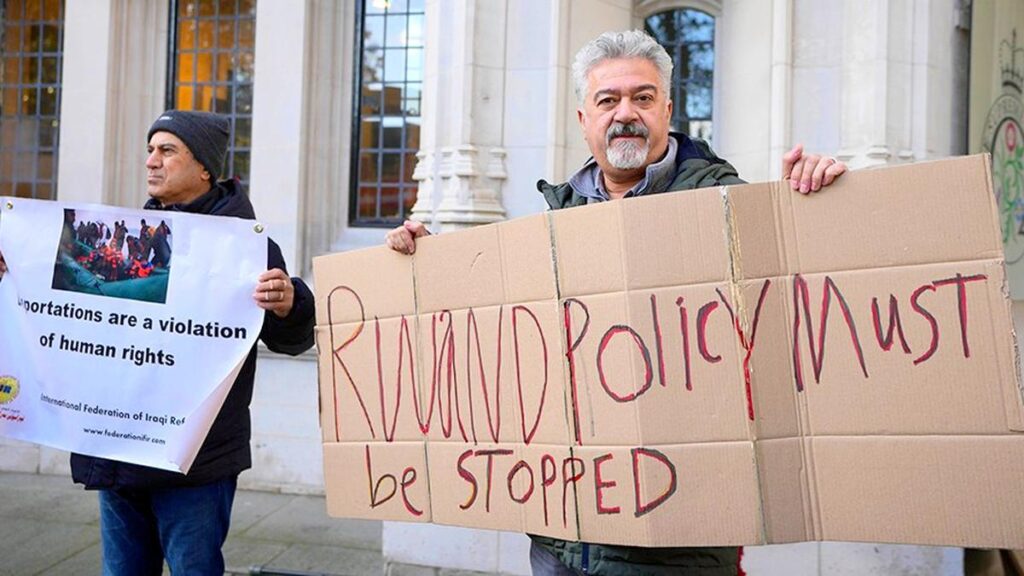The United Kingdom is considering a novel approach to managing its migrant population by exploring the possibility of offering financial incentives for migrants to voluntarily relocate to Rwanda. This proposal marks a departure from traditional migration policies and reflects the UK government’s efforts to address the challenges posed by immigration in a creative and pragmatic manner.
Under the proposed plan, migrants residing in the UK, particularly those who have been denied asylum or face deportation, would be given the option to receive financial assistance in exchange for relocating to Rwanda. While the specifics of the incentive package are yet to be finalized, it is expected to include financial support for resettlement, housing, and integration efforts in Rwanda.

Source: The Times
The rationale behind this proposal stems from the UK’s desire to reduce the burden on its immigration system and alleviate pressures on local communities grappling with the influx of migrants. By offering voluntary relocation as an alternative to deportation or prolonged detention, the government aims to provide migrants with a dignified and humane pathway to rebuilding their lives in a new environment.
SOURCE:- BBC NEWS
Moreover, the plan reflects a broader trend towards exploring innovative solutions to migration challenges, including partnerships with third countries to facilitate orderly and sustainable migration flows. In recent years, policymakers around the world have increasingly recognized the need for comprehensive and coordinated approaches to migration management that prioritize the rights and well-being of migrants while addressing concerns related to security, sovereignty, and social cohesion.
However, the proposal to pay migrants to move to Rwanda has sparked controversy and raised ethical and practical questions. Critics argue that such a scheme may amount to coercion or exploitation, particularly if migrants are compelled to relocate against their will or without adequate information and support. There are also concerns about the feasibility and sustainability of the plan, including the logistical challenges of resettling migrants in a foreign country with different cultural, social, and economic conditions.
Additionally, some observers caution against the potential consequences of outsourcing migration control to third countries, warning that it could set a troubling precedent and undermine international norms and standards for refugee protection and human rights. They argue that efforts to manage migration should prioritize comprehensive and rights-based approaches that address the root causes of displacement and foster cooperation and solidarity among nations.
As discussions continue around the UK’s proposal to pay migrants to move to Rwanda voluntarily, it is essential to consider the diverse perspectives and interests at stake. While innovative approaches to migration management may offer potential benefits, they must be guided by principles of fairness, transparency, and respect for human dignity, ensuring that the rights and well-being of migrants remain paramount in the pursuit of effective and humane migration policies.
Share your views in the comments

